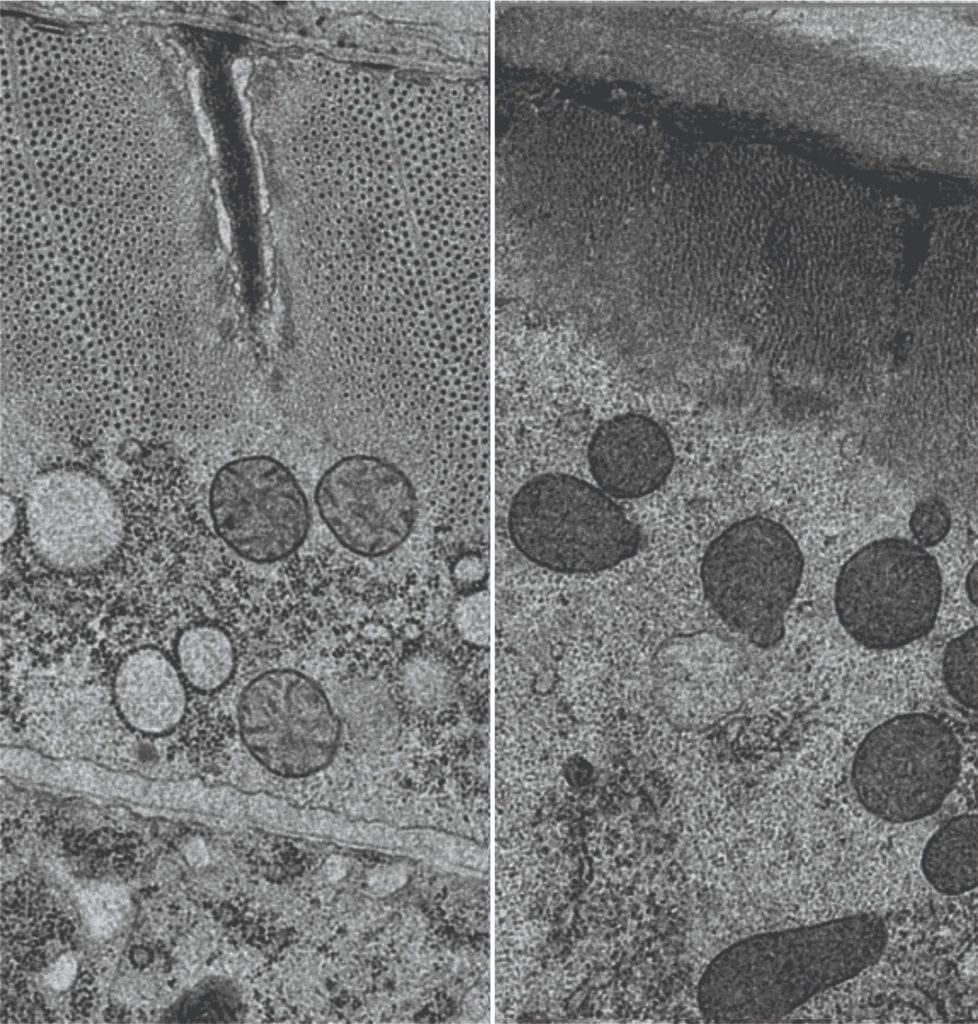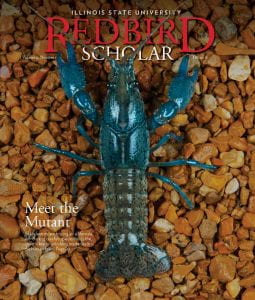https://www.youtube.com/playlist?list=PLTfi_Dr3KrP8cq7PsXNnMVsSx-QHI6pH_
Research Overview
Our research focuses on understanding how natural behavior emerges from the interaction between an organism’s history (evolution), its genes, its nervous system, and its environment. By unraveling these complex interactions, we aim to gain insights into the fundamental principles that govern animal behavior, including human behavior. This understanding has broad implications, from addressing diseases to enhancing technology.
Research Significance
Understanding the principles governing behavior not only advances basic science but also has practical applications. Our research can:
- Inform strategies to restore motor function after injury or disease.
- Contribute to the development of intelligent machines capable of adaptive behavior.
- Provide insights into treating genetic disorders like DMD.
Techniques and Methodologies
Our lab employs a wide array of cutting-edge techniques, including:
- Behavioral Analysis
- Microscopy
- Immunohistochemistry
- Molecular Tools (Cloning, Transgenesis, RNAi, qPCR)
- Optogenetics
- Calcium Ratiometry
- High Throughput Automated Assays
These methodologies allow us to tackle complex biological questions and contribute to a deeper understanding of the genetic and neuronal basis of behavior.
Learn More
To explore our research projects in detail, please click on the tabs on the right. Our lab’s findings are paving the way for new insights and applications in the fields of neuroscience, genetics, and beyond
Funding
- NIH NIAMS 2R15AR068583-02. Vidal-Gadea (PI). 09/22/2022 – 08/31/2025. Genetic repair of muscular degeneration associated with Duchenne muscular dystrophy.
- NSF MCB 1818140. Vidal-Gadea (PI). 07/01/2018 – 06/30/2023. Neuronal and molecular basis for magnetic transduction in the nematode C. elegans.
- NIH NIAMS 1R15AR068583-01A1. Vidal-Gadea (PI). 06/01/2016 – 05/31/2020. Genetic Repair of Muscular Degeneration Associated with Duchenne Muscular Dystrophy.
- Pre-tenure Faculty Initiative Grant – ISU. Vidal-Gadea (PI). Effects of Mars’ magnetic and gravitational fields of terrestrial organisms. (2018).
- College of Arts and Science Interdisciplinary Initiative Grant- ISU. Vidal-Gadea (PI). Harnessing our research programs to improve scientific literacy in our community. (2018).
- New Faculty Initiative Grant – ISU. Vidal-Gadea (PI). Identification of a suppressor mutation responsible for the repair of mobility and the prevention of muscle degeneration in an animal model of Duchenne muscular dystrophy. (2016).
Current Research Projects
1. Molecular Mechanisms of Muscle Degeneration and Protection During Duchenne Muscular Dystrophy (DMD)
Duchenne Muscular Dystrophy (DMD) is a severe genetic disorder that affects muscle function. Our lab uses the nematode C. elegans and human muscle cell cultures to study this disease. Our research aims to:
- Identify mechanisms leading to muscle impairment.
- Discover pathways that can stall disease progression.
- Develop patient-specific models to test potential treatments.
Our high throughput automated assays and advanced imaging techniques allow us to comprehensively study the progression and potential interventions for DMD.
2. Animal Detection and Use of the Earth’s Magnetic Field
Many organisms, including C. elegans, use the Earth’s magnetic field to navigate. Our lab investigates how these animals detect and respond to magnetic fields. Key aspects of this research include:
- Identifying and characterizing magnetosensory neurons.
- Studying the molecular basis of magnetic field detection.
- Exploring the ecological and evolutionary implications of magnetoreception.
We utilize sophisticated magnetic cages and real-time monitoring systems to manipulate and study magnetic fields in controlled environments.
3. Crustacean Neuroscience and Genetic Techniques
In collaboration with the Stein Lab (ISU) and the Lyko Lab (Germany), we are pioneering the use of marbled crayfish (Procambarus virginalis) as a model system for behavioral, physiological, and genetic studies. Our efforts include:
- Developing protocols for crayfish transgenesis.
- Creating an annotated genome and plasmid library.
- Investigating neurogenetic mechanisms underlying behavior.
Our research on crayfish enhances our understanding of neurobiology and opens new avenues for studying complex behaviors in genetically amenable systems.


